Blog
Press Release: September 9, 2024
Why Strategic Planning Matters in Bible Translation
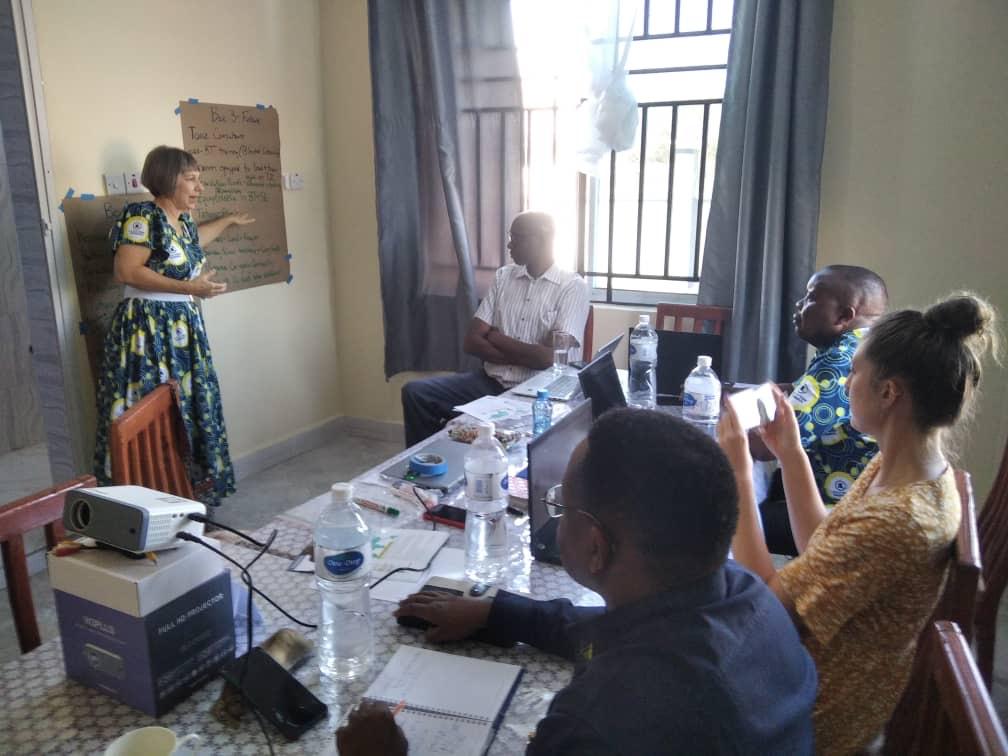
Why Strategic Planning Matters in Bible Translation: A Look at the 3-Box Solution
Bible translation is more than just converting words from one language to another. It’s about bridging cultural gaps, engaging communities, and ensuring that people receive the Word of God in the language that speaks to their hearts. How does such a complex mission stay on track over the years? That’s where strategic planning comes in—and the 3-Box Solution is one of the tools helping Bible translation teams manage today’s work while preparing for tomorrow’s challenges.
What is the 3-Box Solution?
The 3-Box Solution, created by Vijay Govindarajan, is a simple yet powerful way to plan for both the present and the future. It’s about juggling three things at once:
- Box 1: Managing the Present – This is about keeping day-to-day operations running smoothly.
- Box 2: Letting Go of the Past – Sometimes we have to leave behind old methods that no longer work.
- Box 3: Creating the Future – This is where innovation and long-term planning come in.
When you’re working on something as important as Bible translation, you can’t just focus on today’s tasks. You also need to think about how you can build something sustainable for the future, while being willing to adapt and leave behind outdated practices.
Managing Today’s Work: Box 1
In the world of Bible translation, Box 1 covers the hands-on work happening right now—translation projects, meetings with community leaders, and planning logistics. It’s the “here and now,” and it’s just as crucial as any long-term plan.
Sarah Esala, who recently returned from a trip to Tanzania, talked about the importance of staying flexible when managing current translation projects. For example, the team had to make some tough decisions due to funding limitations. These adjustments, though difficult, keep the work moving forward while ensuring that resources are used wisely.
Managing the present means balancing what you’d like to do with what’s possible to do—and doing so without losing sight of the bigger mission.
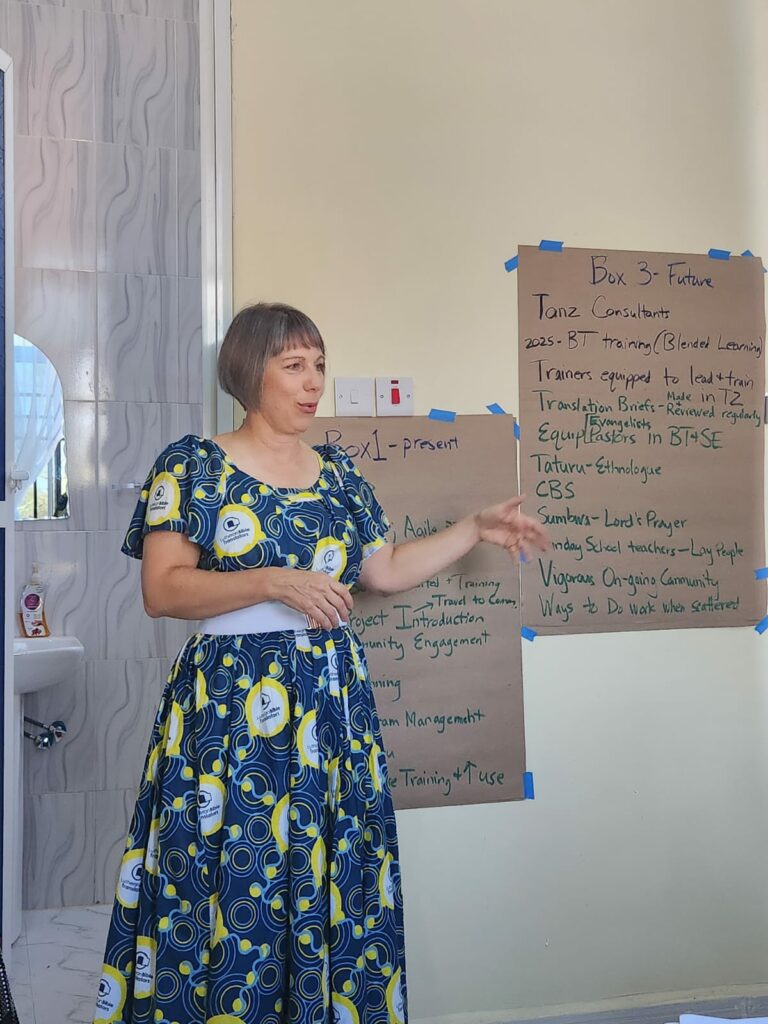
Letting Go of the Past: Box 2
Box 2 is all about letting go of methods or strategies that may have worked in the past but aren’t as effective today. In Bible translation, this can mean moving away from old ways of working.
Sarah shared how the team is working with local leaders and advisory committees to ensure that the translations meet the needs of the people. It’s a shift from how things might have been done years ago, but it’s necessary to create translations that are relevant and meaningful to the communities they serve.
This willingness to adapt is key. It’s about recognizing that, while some practices have gotten us this far, they might not be the best path forward.
Building the Future: Box 3
Box 3 is where things get exciting. It’s about dreaming big and planning for the future. In the context of Bible translation, this could mean introducing new technology, developing local leadership, or even reshaping how translations are done.
For example, the Tanzanian church leadership is focused on training Tanzanian consultants to take on more leadership roles in translation projects. This is a long-term investment that will not only help the current work but also ensure that the future of Bible translation in Tanzania is in the hands of local leaders who understand the needs of their communities.
Another exciting aspect of Box 3 planning is the use of digital tools. Sarah mentioned the potential of blended learning programs that combine online resources with face-to-face collaboration. This type of innovation will make it easier for translation teams to work together, even when they’re miles apart.

Why Strategic Planning is Essential for Bible Translation
Bible translation is a marathon, not a sprint. It takes years—sometimes decades—to complete a translation, and without a clear strategy, projects can stall or lose momentum. The 3-Box Solution helps teams keep one eye on the present while planning for a sustainable future.
In Tanzania, the strategic planning that the team is doing today is laying the foundation for future translation projects that will impact thousands, if not millions, of people. By carefully managing the present, letting go of outdated methods, and investing in innovation, they’re ensuring that the Word of God reaches communities in a way that’s both timely and transformative.
Strategic planning isn’t just about logistics—it’s about creating space for God to work through the people, processes, and innovations that will shape the future of Bible translation.

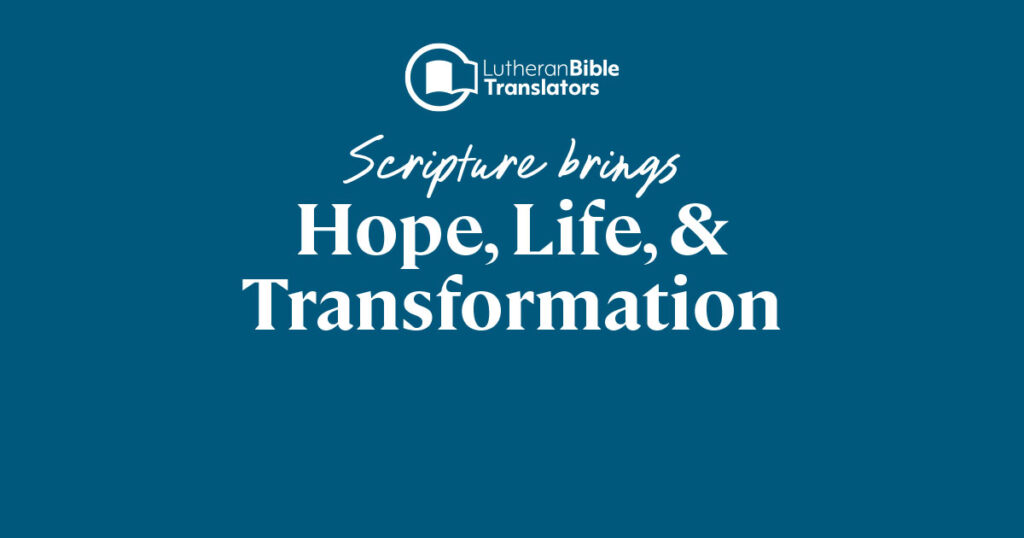

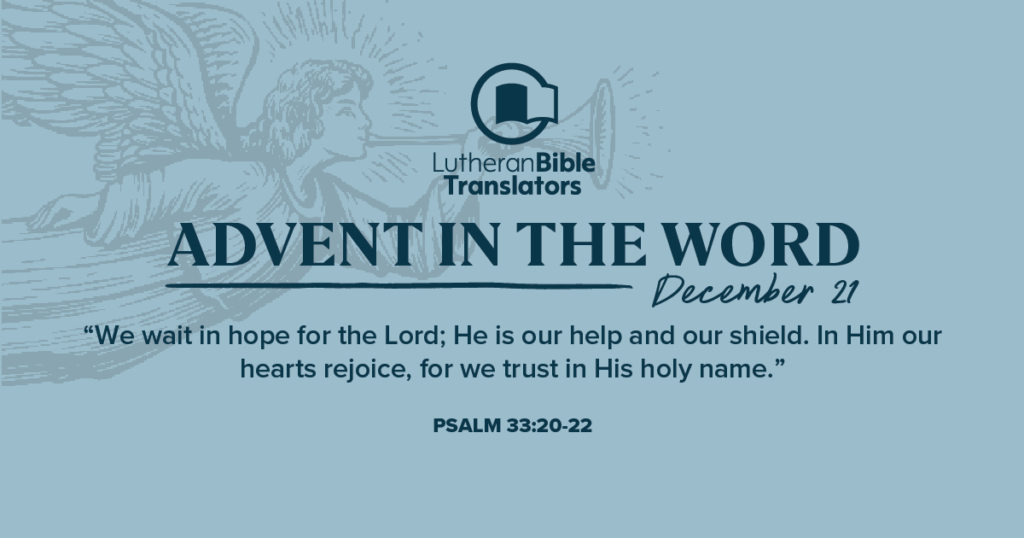
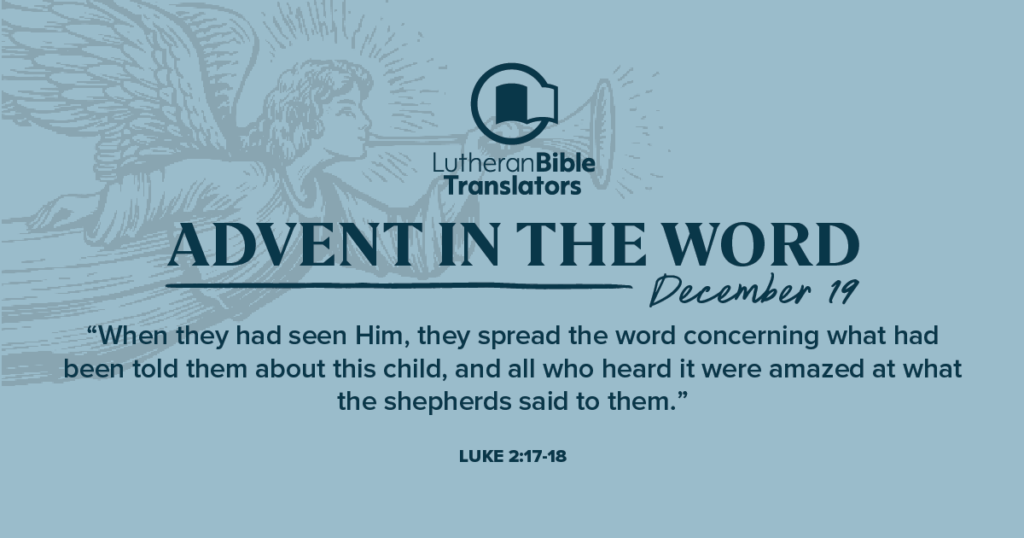
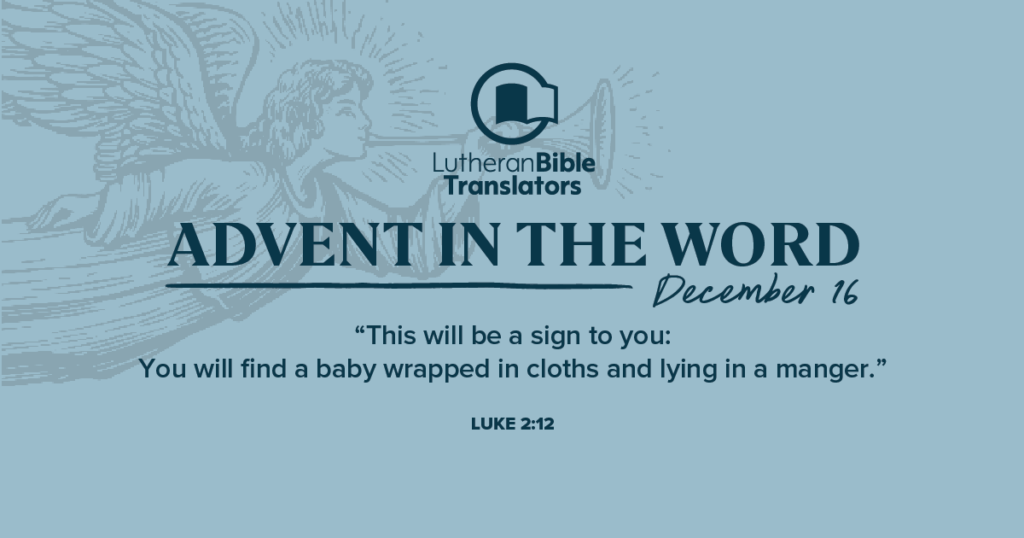
Leave a Reply
You must be logged in to post a comment.